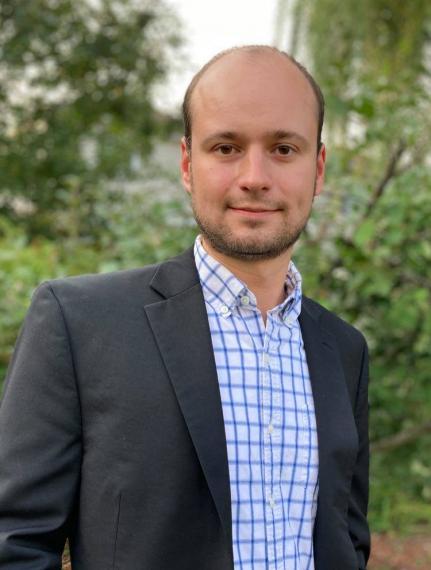Kyle Novak

Thesis Summary:
In short, I am trying to articulate what Deleuze meant by saying that empiricism has always meant “thinking with AND rather than thinking IS.” My argument is that if we take his claim seriously and understand his philosophy of transcendental empiricism through it, we can understand his project as an effort to express a non-ontological philosophy that can still engage with the sciences and account for knowledge in our (post)modern world. By ontology I broadly mean a view of philosophy which is concerned with questions of being, the meaning of being, or justifying statements about what IS. The first part uses his early work on Hume to show how we can have a non-Kantian and non-ontological account of knowledge that isn’t subject to the problem of correlationism that the speculative realists have argued is a part of all post-Kantian philosophy. The second part uses Deleuze’s middle work—especially that on Spinoza—to develop an account of what he calls ethology as an alternative to ontology where the former is concerned with thinking with the form “and…and” while the latter is relegated to asking “What is…?” types of questions. In the last part, I use his late period work on Leibniz to more clearly explain the implications of an ethological philosophy through what he calls “folding” and I address one of the debates in posthumanism/new materialism draws from Deleuze and I think comes down to how we use his work on Leibniz.